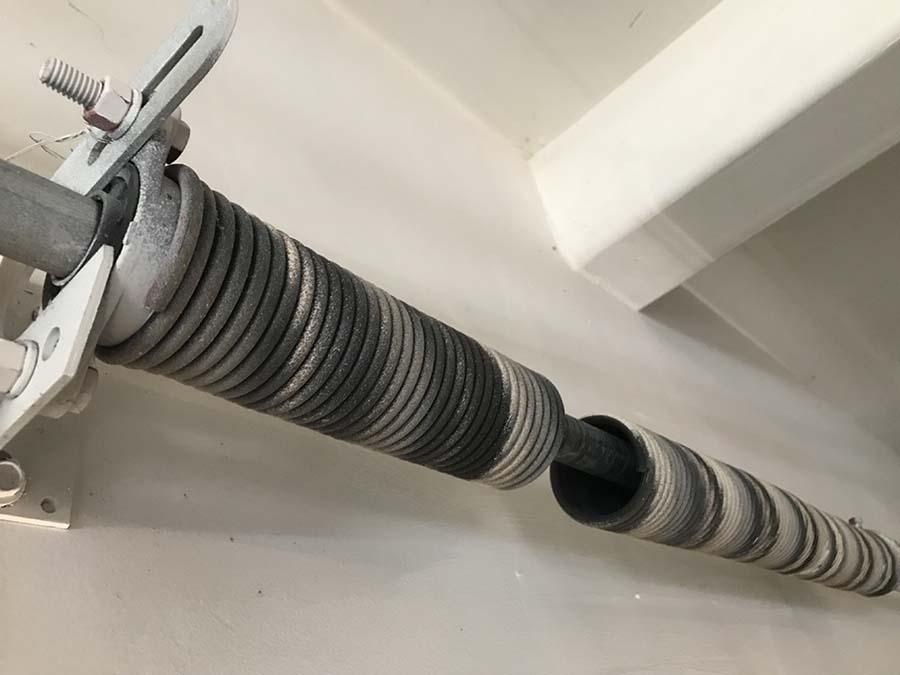The garage door is a vital component of our homes, often serving as the primary entrance for our vehicles and providing an additional layer of security. However, many homeowners underestimate the importance of one crucial element: the garage door springs. These springs play a pivotal role in the smooth operation of the garage door, and when they break, it can lead to a series of issues that impact your daily life. In this article, we will delve into what happens when a garage door spring breaks and what steps you should take to address this common problem.

Understanding Garage Door Springs
Before we explore the consequences of a broken garage door spring, let’s first understand the two main types of springs commonly used in garage doors: torsion springs and extension springs.
- Torsion Springs: These are typically mounted horizontally above the garage door and wind up as the door is lowered. Torsion springs are known for their durability and smooth operation.
- Extension Springs: These are mounted on the sides of the garage door and expand and contract as the door opens and closes. They are usually less expensive but tend to wear out more quickly.
The Consequences of a Broken Garage Door Spring
- Difficulty in Opening the Door: When a garage door spring breaks, it can become incredibly difficult to manually open the door. Garage doors are heavy, and the springs assist in counterbalancing their weight. Without functioning springs, you may find it almost impossible to lift the door.
- Uneven Movement: If one of the springs breaks, your garage door may start to move unevenly. This can result in the door becoming lopsided or even getting stuck in an open or closed position.
- Loud Noises: A broken garage door spring can produce loud and unsettling noises when you attempt to operate the door. These noises are a clear indication that something is wrong with the springs.
- Increased Wear and Tear: Broken springs can prematurely wear out the garage door opener due to extra strain. This can be an unexpected and costly consequence of neglected spring maintenance.
Safety Precautions
It’s crucial to emphasize the importance of safety when dealing with garage door springs. These springs hold extreme tension. Repairing or replacing them without proper knowledge and tools is extremely hazardous. If you suspect a broken spring, it’s best to take the following precautions:
- Do Not Attempt DIY Repairs: Avoid trying to fix the broken spring yourself. Instead, seek the assistance of a professional garage door technician who has the expertise and equipment to handle the job safely.
- Keep Away: Keep yourself and others, especially children, away from the garage door until it has been inspected and repaired by a professional.
- Disconnect the Opener: If the spring has broken, disconnect the garage door opener to prevent it from trying to open or close the door, which can cause further damage.
- Regular Maintenance: To prevent unexpected spring breakage, consider regular maintenance of your garage door system. Professionals can inspect and maintain the springs, ensuring they are in good working condition.
Conclusion
A broken garage door spring is not a situation to be taken lightly. It can disrupt your daily routine, compromise your security, and potentially lead to accidents if not handled properly. Understanding spring roles and breakage signs is the first step. Prioritize safety, seek professional help, and schedule regular maintenance for a smooth, reliable garage door system.



Leave a Reply